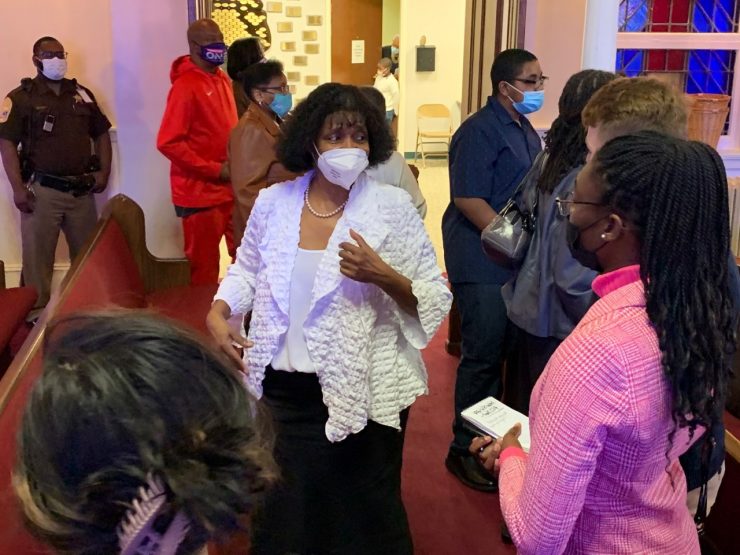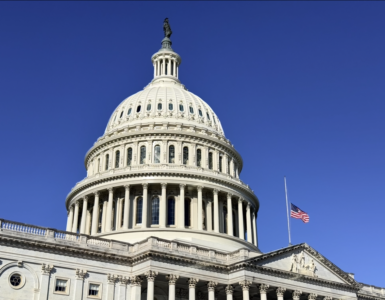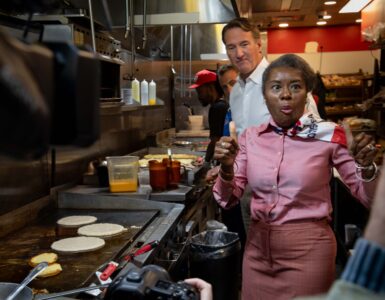By Chyna Brodie and Parker Butler
RICHMOND, Va. — After the rousing applause of the Sunday morning sermon lowered to a quiet simmer, Rita Willis, president of the Women’s Missionary Society at the Third Street Bethel AME Church, talked about the Black vote in the capital city and the intergenerational split.
Willis, born in the segregated South in the former capital of the Confederacy, described her unique connection to voting rights that keeps her mobilized.
As a Richmond native who was impacted by discrimination and racism during the age of Jim Crow, Willis was blunt about her experience growing up.
“I’m from the generation where I couldn’t go to school. We used to have to walk to school. We walked seven miles to school and seven miles back…and it was pure hell,” she said. “They used to spit at us, call us the n-word.”
Despite her struggles, she focused on the silver lining: “We got a good education. Eventually, when President Johnson came into office, I’ll never forget it, he said any colored child who wants to go to the white school may do so.”
She said her siblings didn’t want to go, “but I went and it made the difference.”
Willis takes this same optimistic attitude when it comes to the Virginia gubernatorial election. Does she trust the Democratic nominee, Terry McAuliffe? She paused before answering.
“You know I would have to say I do; I trust him to a certain extent,” she said. “But I don’t really trust any politician. I guess for me, it really goes back to that lesser of two evils conversation and who’s going to stay and be in this fight with us.”
Some Black voters said that’s not enough to get them out to vote. But Richmond Mayor Levar Stoney stumped for McAuliffe with reminders that their vote counts and they shouldn’t stay home because of political polarization.
“Division and hate don’t motivate me to turn out,” he said in an interview with American University students a few days before the election. “You have to give voters hope about what can happen as well.”
As a student of the civil rights movement, Willis was proud to join recent protests for racial justice: “I am from the Martin Luther King era, and I marched with the BLM [Black Lives Matter],” she said. “But I marched with voter applications every time… . because you can’t just walk and do what you’re doing if you are not registered to vote.”















Add comment